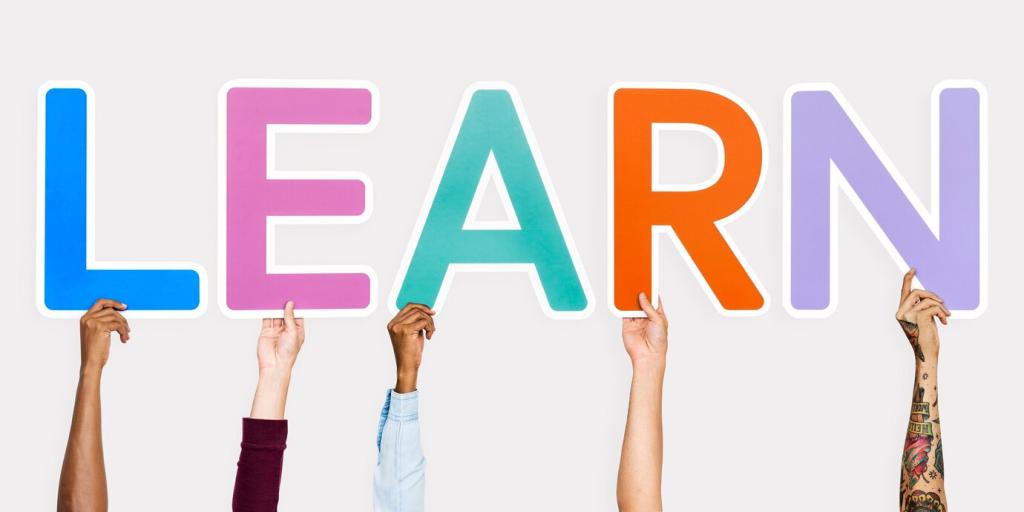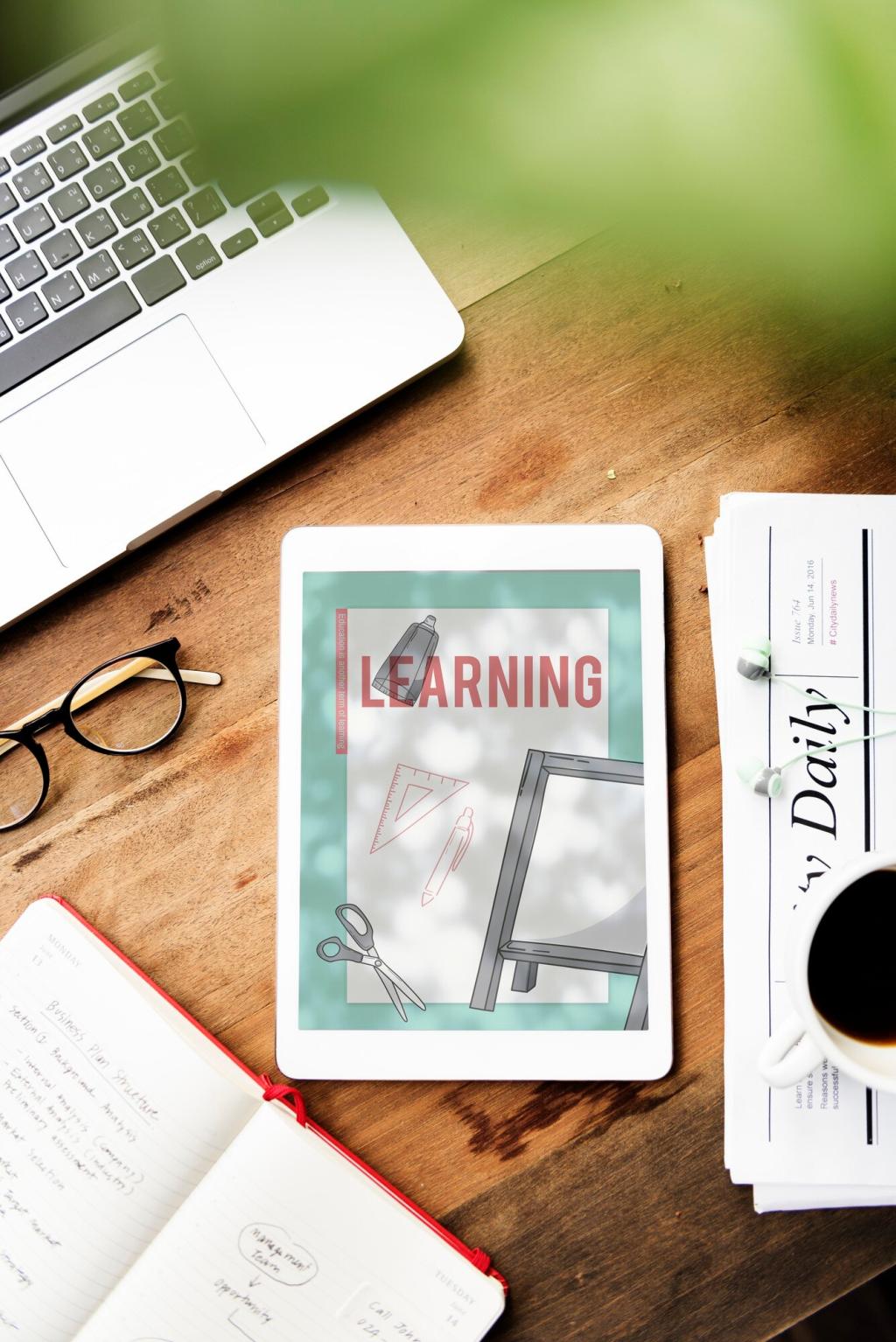Collaborative Learning Opportunities in Language Acquisition
Chosen theme: Collaborative Learning Opportunities in Language Acquisition. Learn how shared goals, meaningful interaction, and supportive communities can accelerate fluency and confidence. Dive in, comment with your experiences, and subscribe to stay inspired by real examples, practical frameworks, and engaging challenges you can try today.

When learners negotiate meaning together—asking for clarification, paraphrasing, or offering gentle recasts—they notice gaps they would miss in solitude. This noticing drives growth. Try a partner conversation today and share one moment when peer interaction helped you repair or extend an utterance.

Vygotsky’s idea shines in language exchanges: a slightly stronger peer helps stretch abilities without overwhelming you. Aisha and Kenji co-planned dialogues weekly; each session, one prompted while the other risked new forms. Reflect below: who could be your supportive scaffold this month?

Groups create momentum. Knowing others rely on your voice nudges you to show up, speak up, and keep going. Celebrate milestones together, set realistic goals, and subscribe for weekly collaborative prompts that keep your participation consistent and your progress visible to the whole community.
Shift from one-word corrections to dialogic feedback. Ask, “Did you mean…?” or “How else might we say this for emphasis?” This keeps dignity intact and curiosity alive. Try our three-turn feedback script during your next tandem session and comment with how it changed the tone.


Digital Spaces for Collaborative Language Practice
Draft together in a shared document using suggestions mode, threaded comments, and color-coded roles. Co-write dialogues, annotate articles, and build glossaries that evolve. Post your favorite platform for collaborative learning opportunities in language acquisition, and explain why it keeps everyone engaged.
Digital Spaces for Collaborative Language Practice
Open a weekly voice room with rotating facilitators and five-minute topic sparks. Record micro-podcasts to swap feedback on pacing, intonation, and clarity. Invite a new partner each session, and follow our page for theme prompts that make every conversation purposeful and surprisingly fun.
Stories from Tandem Partners and Small Groups
Luisa dreaded speaking until her tandem partner, Minh, asked her to co-create short skits. Their laughter replaced fear, and errors became material to play with. Have you had a turning-point moment during a collaborative session? Share your story to encourage a newcomer today.


Stories from Tandem Partners and Small Groups
A trio produced a mini-documentary interviewing local shop owners. With public release looming, every rehearsal mattered. Their vocabulary exploded, but so did their pride. Pitch a collaborative project idea in the comments, and find partners who want to build something meaningful with you.

This is the heading
Lorem ipsum dolor sit amet, consectetur adipiscing elit. Ut elit tellus, luctus nec ullamcorper mattis, pulvinar dapibus leo.

This is the heading
Lorem ipsum dolor sit amet, consectetur adipiscing elit. Ut elit tellus, luctus nec ullamcorper mattis, pulvinar dapibus leo.
Co-create a simple rubric with criteria for intelligibility, range, accuracy, and interaction. When everyone sees the target, feedback aligns. Save your rubric template, and subscribe if you want periodic, theme-based examples tailored for collaborative learning opportunities in language acquisition.
Measuring Progress Together

Week 1: Find Your Partners and Norms
Form a trio, set goals, choose channels, and draft community agreements. Schedule two short sessions instead of one long. Introduce yourself below to find partners, and subscribe for a starter kit of prompts you can use right away.

Week 2: Input Together, Output Together
Co-read a short article, annotate unknown phrases, then record a conversational summary. Rotate roles: summarizer, clarifier, challenger. Post one standout phrase you adopted, so others exploring collaborative learning opportunities in language acquisition can borrow it too.

Week 3–4: Build, Perform, Reflect
Create something public: a mini-podcast, infographic, or dialogue performance. Share drafts for feedback, publish, then debrief with your rubric. Tell us what surprised you most, and what you will keep when your next collaboration cycle begins.
